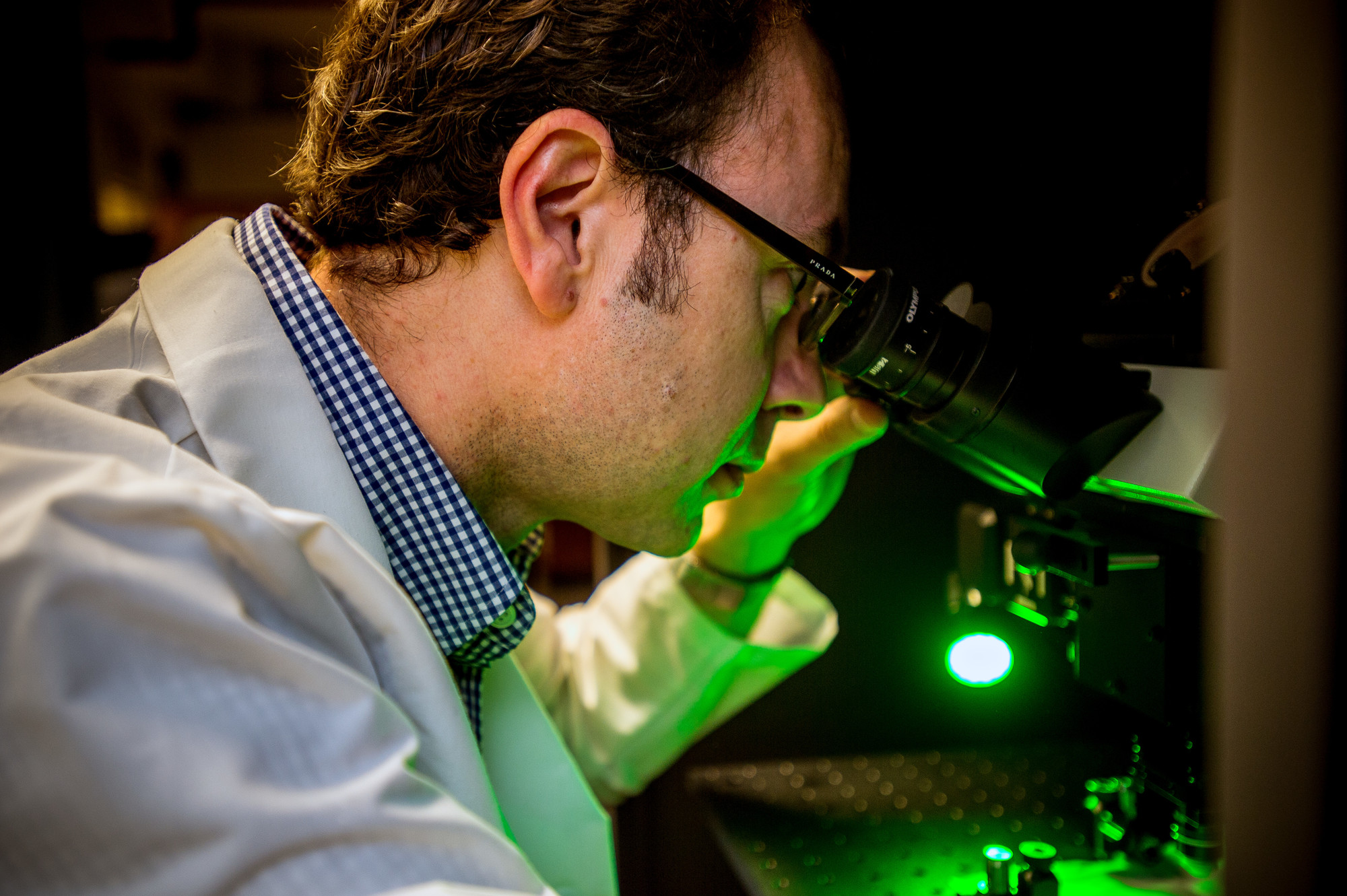Reza Izadpanah, DVM, PhD

Currently, Dr. Izadpanah’s research focuses on human mesenchymal stem cells and regenerative medicine, aging, and tumor biology. Adult stem cells exist as a reservoir for tissue repair during homeostasis. They have a remarkable capacity for self-renewal in an undifferentiated state and can differentiate to replace damaged cells in tissue. It may be possible to harness the unique properties of stem cells to cure disease, regenerate tissue, repair traumatized tissue and reverse the degenerative effects of aging. As such, these stem cells have potential application to treat a range of disorders, including arthritis, heart attack and cancer. In addition, Dr. Izadpanah is investigating the molecular mechanisms of stem cell interactions with tumor microenvironment. His lab has identified a novel gene, TRAF3IP2, and elucidated its role for the first time in oncogenesis. Using a translational research model, he has uncovered novel functions of TRAF3IP2: 1) a dominant and necessary regulator of malignant tumor microenvironment and 2) a nodal point for an intricate and robust signaling system that drive multiple cancer hallmarks, including inflammation, neo-angiogenesis, unregulated cell cycle, malignant metabolism, and extracellular matrix (ECM) interactions. In addition to these ongoing mechanistic studies, his group has demonstrated efficacy of targeting TRAF3IP2 in preclinical patient derived xenograft models of glioblastoma multiforme, the deadliest brain malignancy, and chemotherapeutic-resistant triple negative breast cancer, a cancer with dire prognosis. Targeting TRAF3IP2 in these cancer models significantly reduced metastasis and micro-metastasis, key prognostic factors, as well as reduced primary tumor size and viability. Izadpanah has developed several strategies to target TRAF3IP2, including the use of Antisense Oligonucleotides (AO), an FDA-approved therapeutic.
-Mechanisms and treatment of triple negative breast cancer
-Mechanisms and treatment of aggressive glioblastoma
-Characterization of adult mesenchymal stem cell properties and their application in regenerative medicine